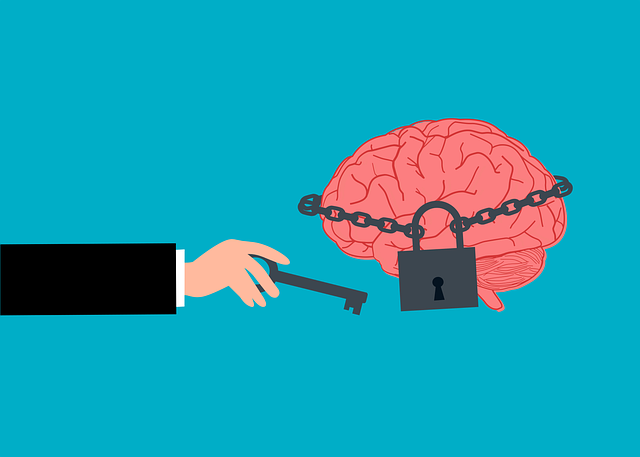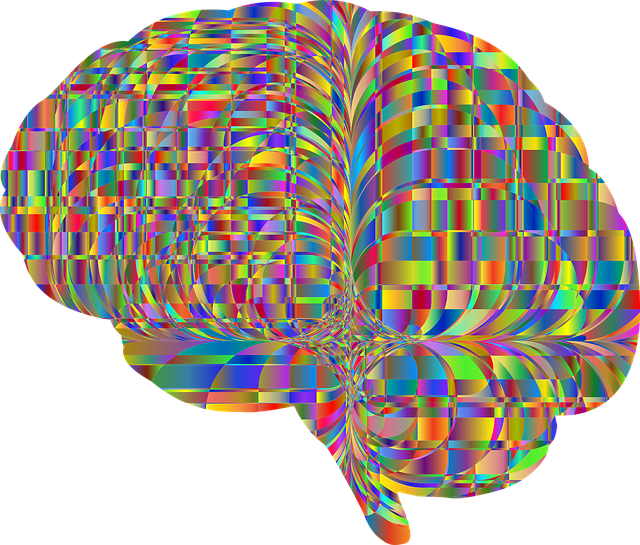In recent years, there's been a growing emphasis on advancing diagnostic tools for mental illness, equating its importance with physical health concerns like cancer in Boulder. Mental health professionals are leveraging advanced assessment methods, including data analytics, machine learning, neuroimaging, and genetic testing, to improve diagnosis accuracy. These innovations aim to reduce stigma, enable proactive therapy, and provide personalized care using tools that predict outcomes, such as AI models for depression and anxiety detection, and mobile apps for stress management. By combining these technologies with traditional clinical assessments, professionals can tailor Boulder cancer issues therapy to individual neurobiology and genetic makeup, improving anxiety relief and self-esteem outcomes while early case detection enhances prognoses.
Mental illness diagnosis accuracy has long been a pressing issue, with implications for patient outcomes and society at large. This article explores various efforts aimed at enhancing diagnostic practices in mental health. We delve into innovative technologies, such as advanced neuroimaging and genetic testing, that promise more precise identifications of mental disorders. Additionally, we discuss the critical role of multidisciplinary teams and patient-centered care models in achieving accurate diagnoses. Finally, we highlight strategies to reduce stigma and promote early intervention, addressing societal barriers to ensure effective mental health support.
- Enhancing Diagnostic Tools and Techniques
- – Exploring innovative technologies for improved diagnosis
- – Integrating advanced neuroimaging and genetic testing
Enhancing Diagnostic Tools and Techniques

In recent years, there has been a concerted effort to enhance diagnostic tools and techniques for mental illness, driven in part by the growing recognition of mental health as a critical component of overall well-being, similar to physical health concerns like Boulder cancer issues. Mental health professionals are increasingly leveraging advanced assessment methods and technology to improve diagnosis accuracy. These include risk assessment tools that help identify early warning signs and predict potential outcomes, enabling more proactive therapy interventions.
Such efforts also target the reduction of mental illness stigma, a significant barrier to effective treatment-seeking behavior. By refining diagnostic practices, healthcare providers can boost their confidence in accurate assessments, leading to better patient outcomes. This, in turn, contributes to fostering a more inclusive and supportive environment for individuals seeking therapy, mirroring the progress made in physical health care settings.
– Exploring innovative technologies for improved diagnosis

In the pursuit of enhancing mental illness diagnosis accuracy, innovative technologies are playing a pivotal role. Advanced data analytics and machine learning algorithms offer promising avenues for early detection and precise identification of various psychiatric disorders. These tools can analyze vast amounts of patient data, including medical records, genetic information, and even neuroimaging results, to predict and classify mental health conditions. For instance, artificial intelligence models have shown potential in differentiating between depression and anxiety disorders based on language patterns and speech characteristics, which could revolutionize the way we approach diagnosis.
Furthermore, digital interventions like mobile applications and online platforms are being leveraged to bridge the gap between traditional therapy and personalized care. These tools can provide accessible Stress Management Workshops Organization, offer mood tracking features, and promote inner strength development through guided meditations and cognitive-behavioral techniques. By integrating such innovations into routine practice, healthcare professionals in Boulder cancer issues therapy can ensure more timely interventions and improved outcomes for individuals struggling with mental health challenges.
– Integrating advanced neuroimaging and genetic testing

In recent years, researchers have made significant strides in enhancing mental illness diagnosis accuracy by integrating advanced neuroimaging and genetic testing. These innovative approaches offer a more nuanced understanding of brain structures and functions, as well as an individual’s genetic predisposition to specific disorders. By combining this data with traditional clinical assessment methods, mental health professionals can significantly improve diagnostic reliability. For instance, functional magnetic resonance imaging (fMRI) enables the observation of brain activity patterns associated with various mental states, providing concrete evidence that supports or refutes a suspected diagnosis.
Genetic testing, another powerful tool, helps identify specific genetic markers linked to heightened risk for developing certain mental illnesses, such as depression or schizophrenia. This information allows for a more proactive approach in both prevention and treatment planning. Integrating these cutting-edge technologies into standard care not only improves diagnostic accuracy but also paves the way for personalized therapy, including Boulder cancer issues therapy approaches tailored to each patient’s unique neurobiology and genetic makeup, ultimately leading to better Anxiety Relief and Self-Esteem Improvement outcomes. Moreover, advanced risk assessment tools enable Mental Health Professionals to detect potential cases earlier, thereby improving patient prognoses and quality of life.
Mental illness diagnosis accuracy has seen significant advancements through the integration of innovative technologies, such as advanced neuroimaging and genetic testing. By leveraging these cutting-edge tools, healthcare professionals can improve diagnostic precision, leading to more effective treatment plans for individuals navigating Boulder cancer issues therapy. This integrated approach promises a brighter future for mental health care, ensuring that those in need receive timely and accurate interventions.












